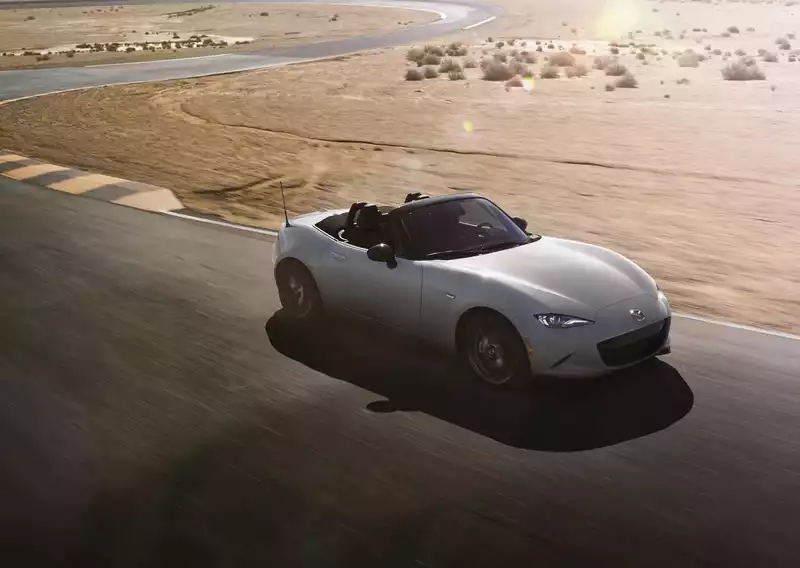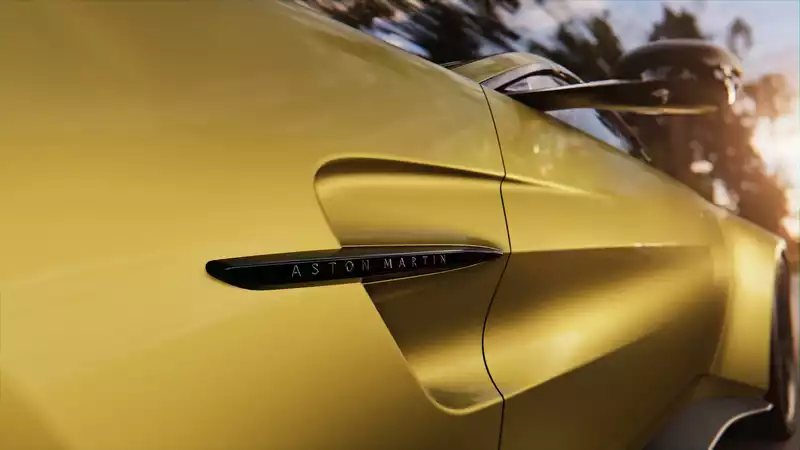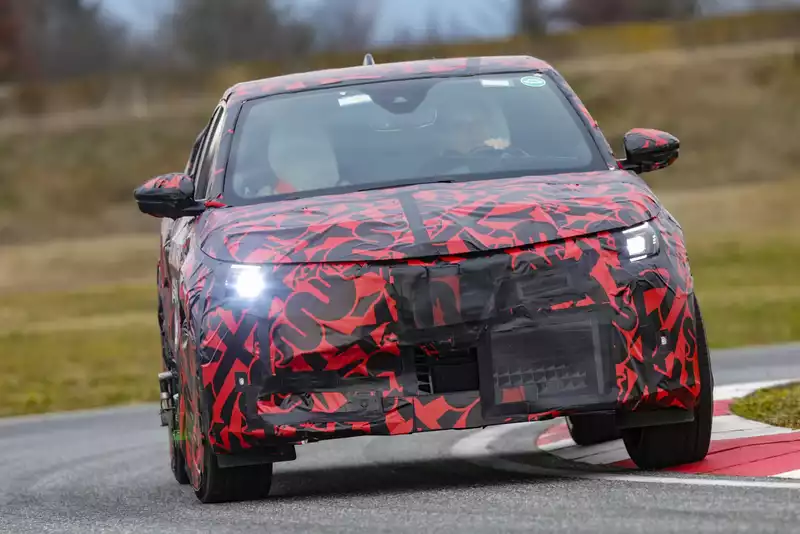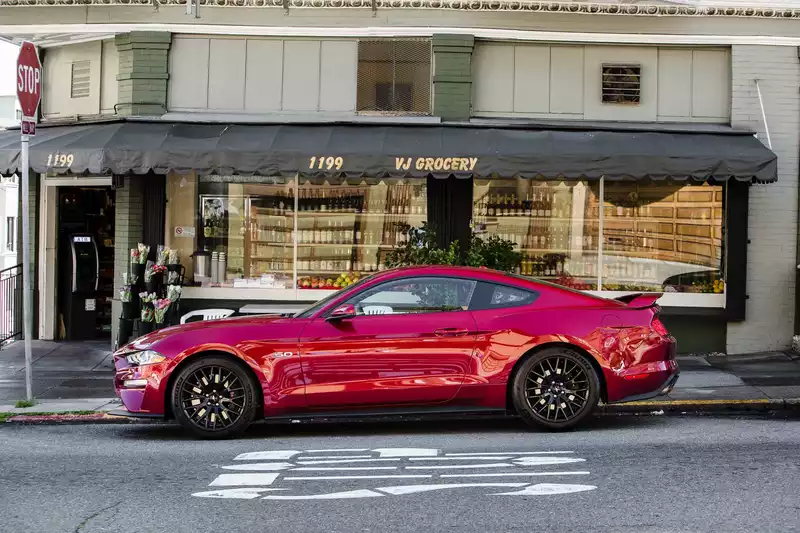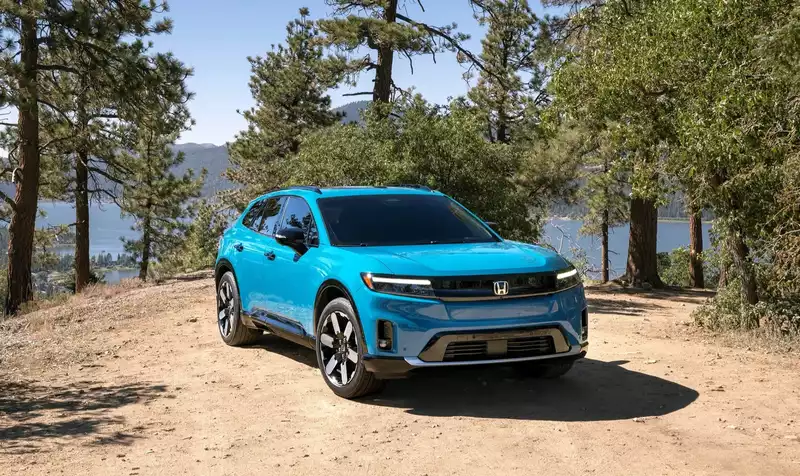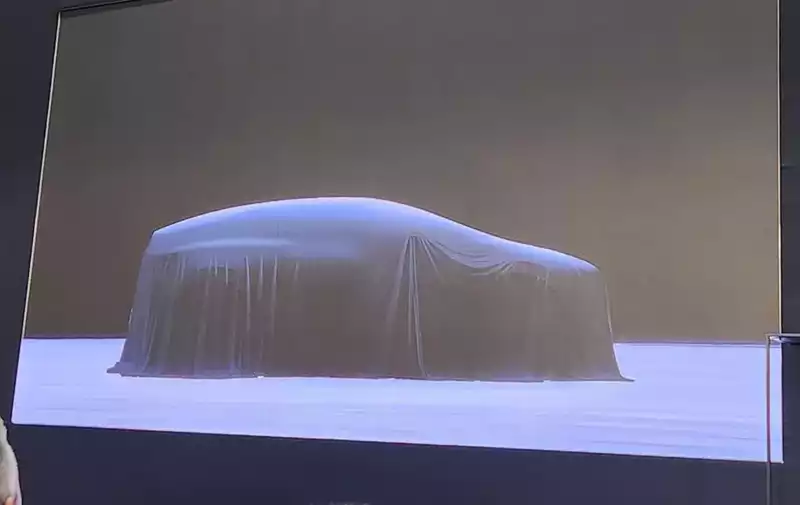McLaren cuts the production quota for the Elva Speedster.
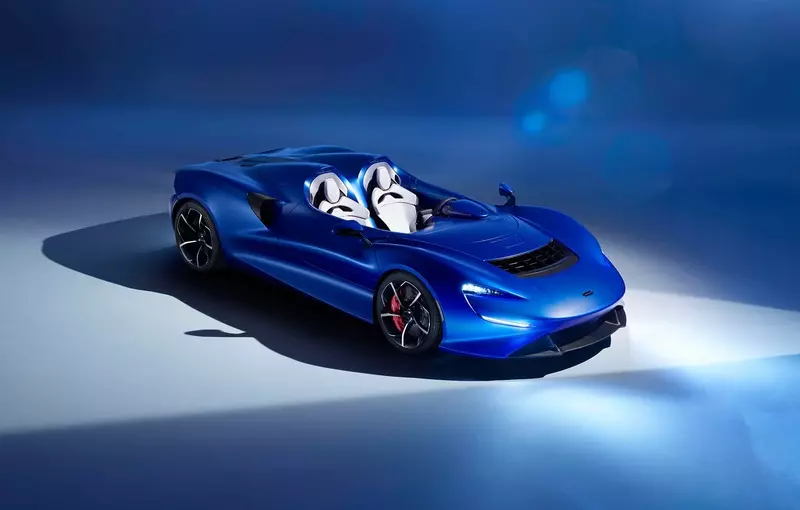
McLaren will reduce its Elva production quota from the originally planned 399 to 249 units.
This was revealed by Mike Flewitt, head of McLaren's road car division, in an interview with the Australian Financial Review (via Motor1) published last month.
One might wonder if McLaren was being too ambitious with the number of cars it could sell. After all, the Elva is a fast car with no roof or windshield. Driving it is entirely dependent on weather conditions. In addition, the Elva would violate operating regulations in some markets.
However, according to Flewitt, McLaren is reducing the number of units to appease customers who feel the car is not luxurious enough. For many of these customers, there is also an investment aspect to consider.
'We have set an upper limit of 249 cars because, based on customer feedback, they feel this car should be more exclusive than (399),' he said. 'I don't really like buying cars like this as an investment, but we don't want them to lose a lot of money.'
Prices for the Elva start at $1.69 million. It is part of McLaren's Ultimate Series, which includes models such as the P1 and Senna. It also includes the Speedtail model, which McLaren announced shortly before the Elva. In addition, McLaren has just released the more mainstream GT and 765LT models as part of the Super Series.
That's a lot of models for a niche market, but Flewitt isn't worried. In a world with a growing number of customers and increasing competition, he says, new ways to "excite" them are needed.
Deliveries of the Elva should begin in late 2020. It will have a McLaren carbon fiber monocoque and will be powered by an 804 hp version of the 4.0-liter twin-turbo V8 engine found in the 720S and Senna. Estimated 0-60 mph acceleration figures are under 3.0 seconds and 0-124 mph acceleration is 6.7 seconds. The top speed is not mentioned.
